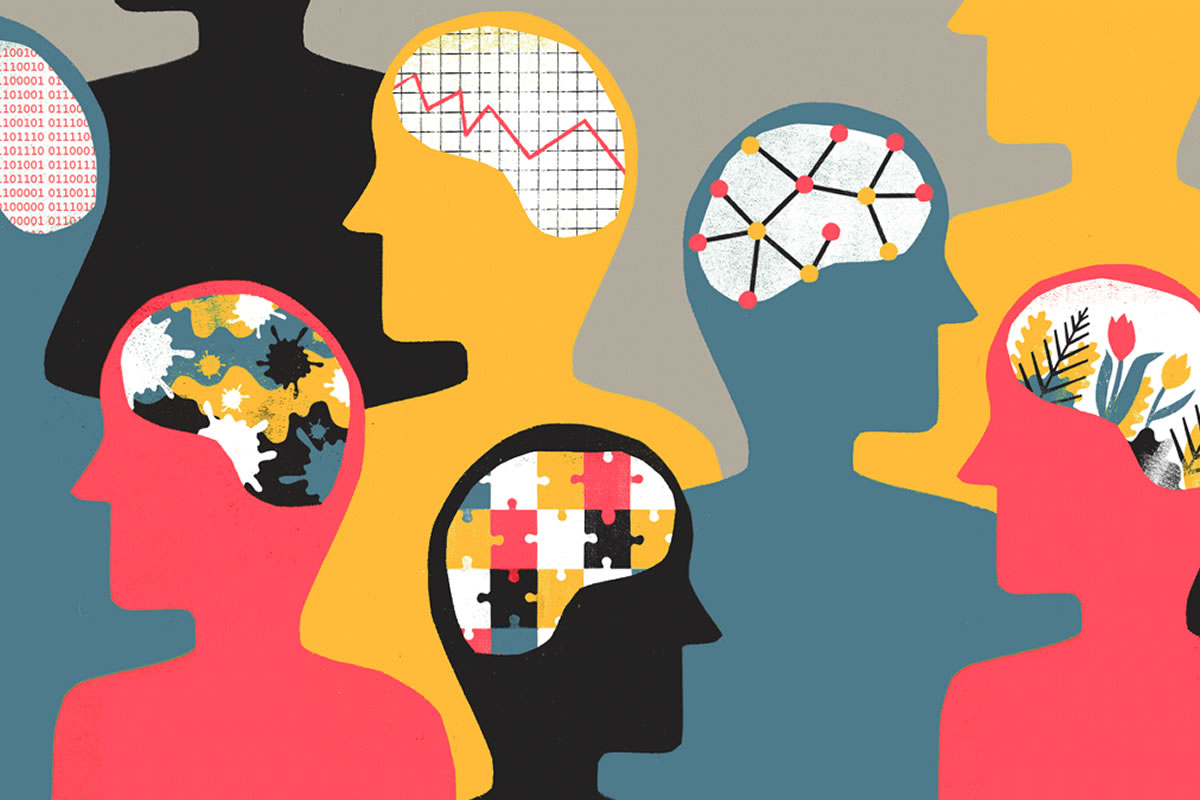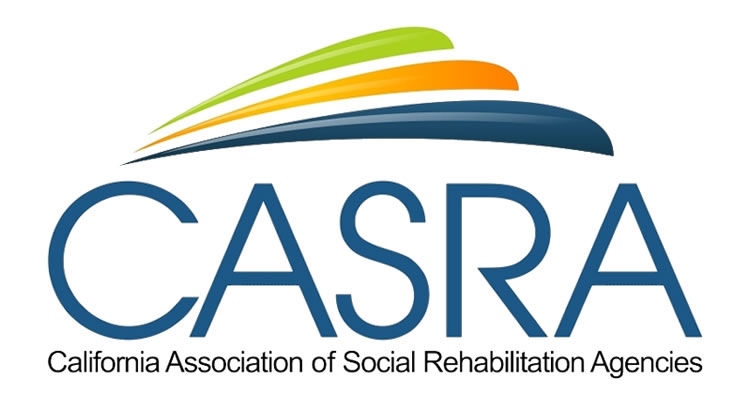Inequities in Mental Health Services

It’s Time for a Reckoning and Rectification
As the country confronts the coronavirus crisis and the ways it has exposed racism and inequality, it is time for the mental health field to look inwards and reckon with its own shortcomings. Similar to other American institutions and disciplines, racial and socioeconomic inequalities tend to be replicated in the accessibility and appropriateness of treatments offered to vulnerable individuals and families.
Numerous disparities exist in service provision and outcomes for children and families of color. Across the country, communities with high proportions of people of color are more likely to be situated in mental health deserts lacking high quality care. Compared to white people, they are more likely to lack or lose health insurance, which restricts their ability to access services. When clients from nonwhite ethnic groups begin psychotherapy, they are less likely to trust and remain in treatment, despite higher exposure to racism, trauma, and other adversities that are known contributors to emotional difficulties. Whereas a high proportion of distressed European Americans engage mental health services, fewer than a third of African, Latinx, and Asian Americans do so.
Reasons for the disparities abound, including clinician biases and assessment instruments that are not culturally sensitive. Standardized measures and interview protocols often do not account for ways different ethnic groups express distress, leading to either an over exaggeration or underreporting of symptoms. Asian Americans, who can be tentative about disclosing thoughts and feelings, may find their suffering overlooked and appropriate treatments not offered. Conversely, Black and Latinx youth are more likely than their white peers with similar difficulties to be pathologized and diagnosed with conduct difficulties or severe mental illness rather than traumatic reactions, learning difficulties, or other treatable conditions. As a consequence, they are more likely to receive punitive rather than ameliorative interventions.
By Karen Zilberstein, Mad in America (August 25, 2020)
